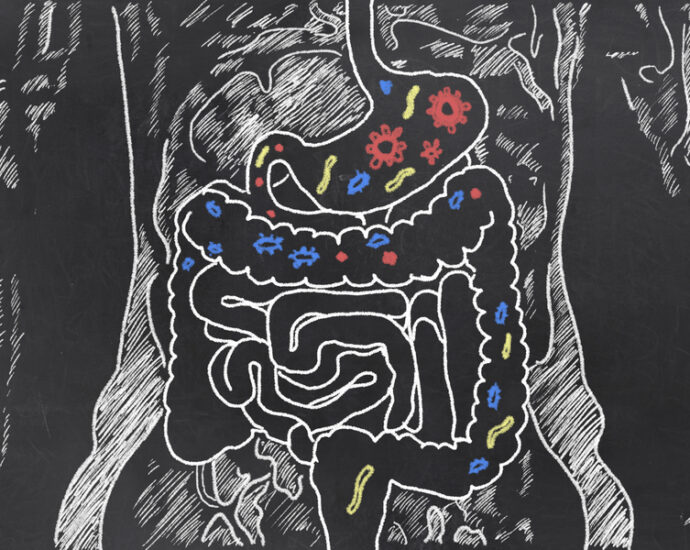As we delve deeper into human biology, it becomes evident that the interplay between gut health and systemic inflammation is crucial for overall wellness. The gut’s role extends beyond digestion; it significantly influences our well-being and helps shield us from various diseases. Investigating how gut health impacts inflammation reveals potential pathways for enhancing our health from within.
Our gut hosts a diverse array of microbes, including bacteria, viruses, and fungi, collectively known as the microbiome. This microbial community aids in food digestion, vitamin production, and protection against harmful pathogens. Disruptions in this balance, often due to poor diet, stress, or illness, can trigger inflammation throughout the body, not just within the gut. This systemic inflammation is associated with numerous health issues, including various inflammatory diseases.
The gut-inflammation connection is closely tied to the immune system’s response to digestive system microbes. An imbalance, where harmful microbes outnumber beneficial ones or a compromised gut barrier allows toxins to enter the bloodstream, can provoke an immune response leading to inflammation. Persistent inflammation can result in a range of health complications.
Poor gut health is linked to numerous conditions, from autoimmune disorders like rheumatoid arthritis and multiple sclerosis to metabolic issues such as diabetes and obesity. Even neurodegenerative and mood disorders, including Alzheimer’s disease and depression, have connections to chronic inflammation originating in the gut.
To improve gut health and mitigate inflammation, adopting lifestyle and dietary changes is essential. Managing stress and ensuring quality sleep are fundamental steps. Practices like mindfulness and yoga can enhance gut health by reducing stress-induced inflammation, while adequate sleep supports the gut lining and immune function.
Diet plays a pivotal role in gut health. Consuming a diet rich in whole foods, fibers, and essential nutrients supports beneficial gut bacteria, fortifies the gut barrier, and reduces inflammation. Anti-inflammatory foods, such as omega-3 fatty acids found in fish and flaxseeds, are particularly beneficial. Conversely, reducing processed foods, sugars, and unhealthy fats can help minimize harmful bacteria and decrease gut permeability.
Incorporating probiotics into your diet, either through foods or supplements, can further support a healthy microbiome, enhancing the gut barrier and reducing inflammation. Regular physical activity also benefits gut health by aiding digestion and reducing inflammation.
Understanding the gut-inflammation link is crucial for managing overall health. By focusing on gut health, you can reduce inflammation and promote a healthier life. For more detailed information and practical advice on supporting your gut health, refer to our comprehensive guide, which offers insights into leveraging gut health for inflammation management and disease prevention.

The Gut-Inflammation Connection was created by Nava Health clinic
